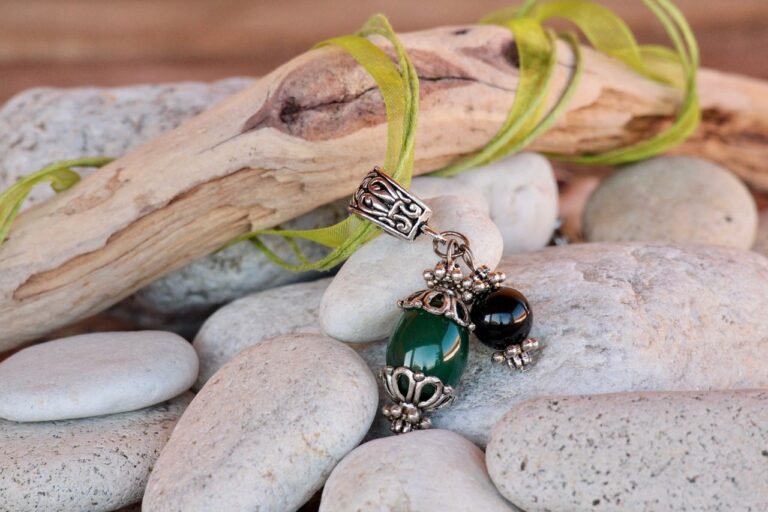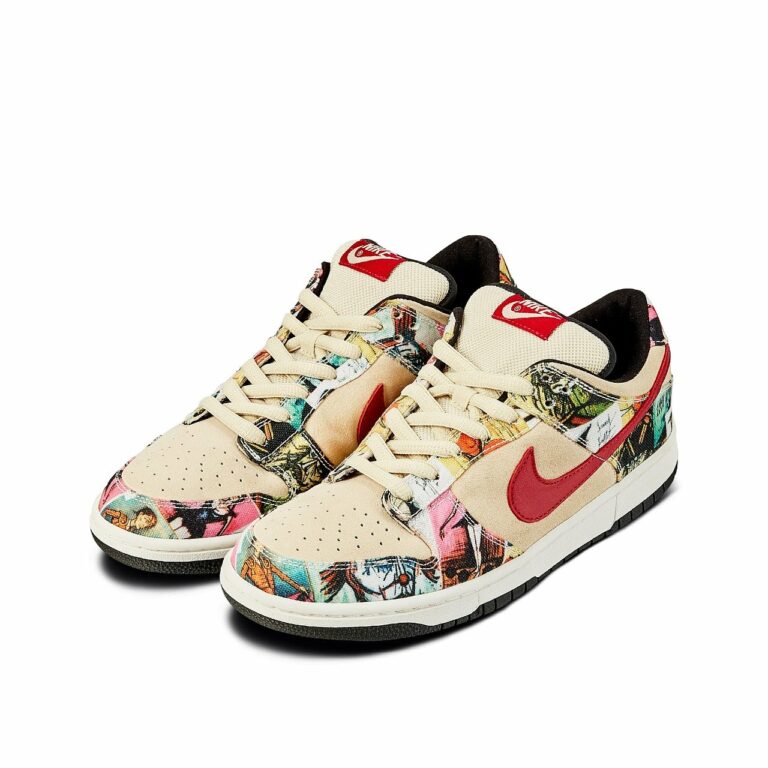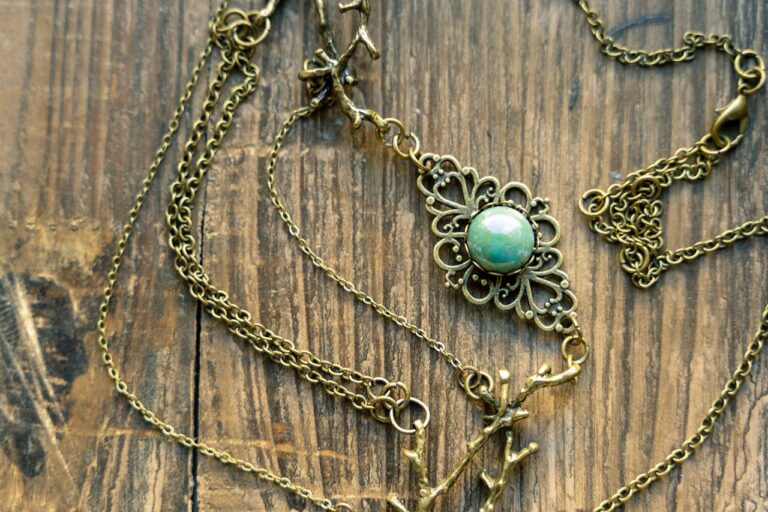The Psychology of Fashion Branding: Creating Emotional Connections with Consumers: Laser 247 new id login, Lotus betting sign up, 11xplay.pro
laser 247 new id login, lotus betting sign up, 11xplay.pro: Fashion branding goes beyond just creating stylish clothes or accessories; it involves creating emotional connections with consumers. The psychology of fashion branding plays a crucial role in influencing consumer behavior and shaping brand loyalty. In this article, we will explore how fashion brands utilize psychological techniques to establish strong emotional connections with their target audience.
Understanding Consumer Behavior
Before delving into the psychology of fashion branding, it is essential to understand consumer behavior. The way consumers perceive and interact with fashion brands is influenced by their emotions, values, and personal experiences. By tapping into these psychological factors, fashion brands can effectively engage with their target audience and build a loyal customer base.
Creating Emotional Connections
Fashion brands leverage various psychological strategies to create emotional connections with consumers. One of the most powerful techniques is storytelling. By telling a compelling narrative about their brand’s history, values, and vision, fashion brands can evoke emotions and resonate with consumers on a deeper level. For example, a brand that emphasizes sustainability and ethical manufacturing may attract environmentally conscious consumers who align with their values.
Another key strategy is creating a sense of exclusivity. By offering limited edition pieces or hosting invite-only events, fashion brands can make consumers feel special and privileged. This exclusivity can foster a sense of belonging and loyalty among consumers who want to be part of an elite group.
In addition to storytelling and exclusivity, fashion brands also use sensory marketing to create emotional connections. The use of color, texture, and scent in branding and store design can evoke specific emotions and enhance the overall shopping experience. For example, a luxury brand may use soft lighting and plush materials to create a sense of elegance and sophistication.
The Power of Influencers
Influencer marketing is another psychological tool that fashion brands use to establish emotional connections with consumers. By partnering with influencers who resonate with their target audience, brands can leverage the influencer’s credibility and reach to build brand awareness and trust. Consumers are more likely to trust recommendations from influencers they follow and admire, leading to increased engagement and sales for the brand.
FAQs
1. How can fashion brands use social media to create emotional connections with consumers?
Fashion brands can use social media to engage with consumers on a more personal level, share behind-the-scenes content, and respond to customer feedback in real-time. By posting visually appealing and relatable content, brands can build trust and loyalty with their followers.
2. Why is it important for fashion brands to create emotional connections with consumers?
Creating emotional connections with consumers can lead to increased brand loyalty, repeat purchases, and positive word-of-mouth recommendations. By tapping into consumers’ emotions and values, fashion brands can differentiate themselves in a competitive market and build long-lasting relationships with their target audience.
In conclusion, the psychology of fashion branding plays a significant role in creating emotional connections with consumers. By utilizing storytelling, exclusivity, sensory marketing, and influencer partnerships, fashion brands can effectively engage with their target audience and build a loyal customer base. By understanding consumer behavior and leveraging psychological techniques, fashion brands can establish a strong brand identity and connect with consumers on a deeper level.







